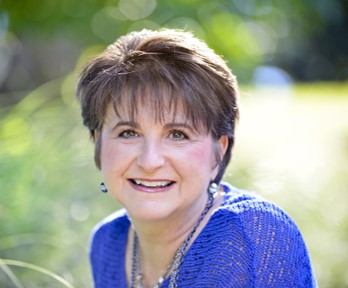About
Marlowe Carruth, born 1958 in North Carolina, is a classically trained pianist who—after a lifetime of playing,
singing, and teaching piano—has finally turned her attention to composing. She released her debut EP in
2016, entitled Eternal Light. It consists of original, soul-lifting piano melodies accompanied by equally
inspirational orchestration.
Carruth began picking out melodies on the piano at the age of three. She studied classical piano under the late
Gene Featherstone in her hometown of Rocky Mount, North Carolina, and went on to study under the late
James Clyburn at Meredith College in Raleigh. She earned a Bachelor of Music degree in piano performance
and music education and was honored with the title of Presser Scholar by the Meredith music faculty in 1980,
an award given to the most outstanding senior music major.
Daughter of the late Cherry Folger—orchestrator for Terrytunes Cartoons and first female trumpeter to play
with the North Carolina Symphony—Carruth’s desire to compose was birthed at a very young age. Her
talented mother died of cancer when Carruth was barely four years old. “Exploring my mother’s compositions
was a way to feel connected to her and learn from her musicianship,” says Carruth. “I have always wanted to
pick up her legacy”.
While Carruth adores Debussy and Chopin, she also enjoys the more modern cinematic music of John
Williams. Carruth was especially inspired to start composing when she overheard a Tim Janis CD in a gift shop
at the beach. “I felt my spirit immediately lifted,” describes Carruth. That moment began a great desire to write
contemporary instrumental music in a way that she felt expressed the love of God and the beauty of His
creation.
Marlowe Carruth resides in Raleigh, NC, with her husband. She has two grown children and is enjoying being a
grandmother. Music continues to run in the family.
